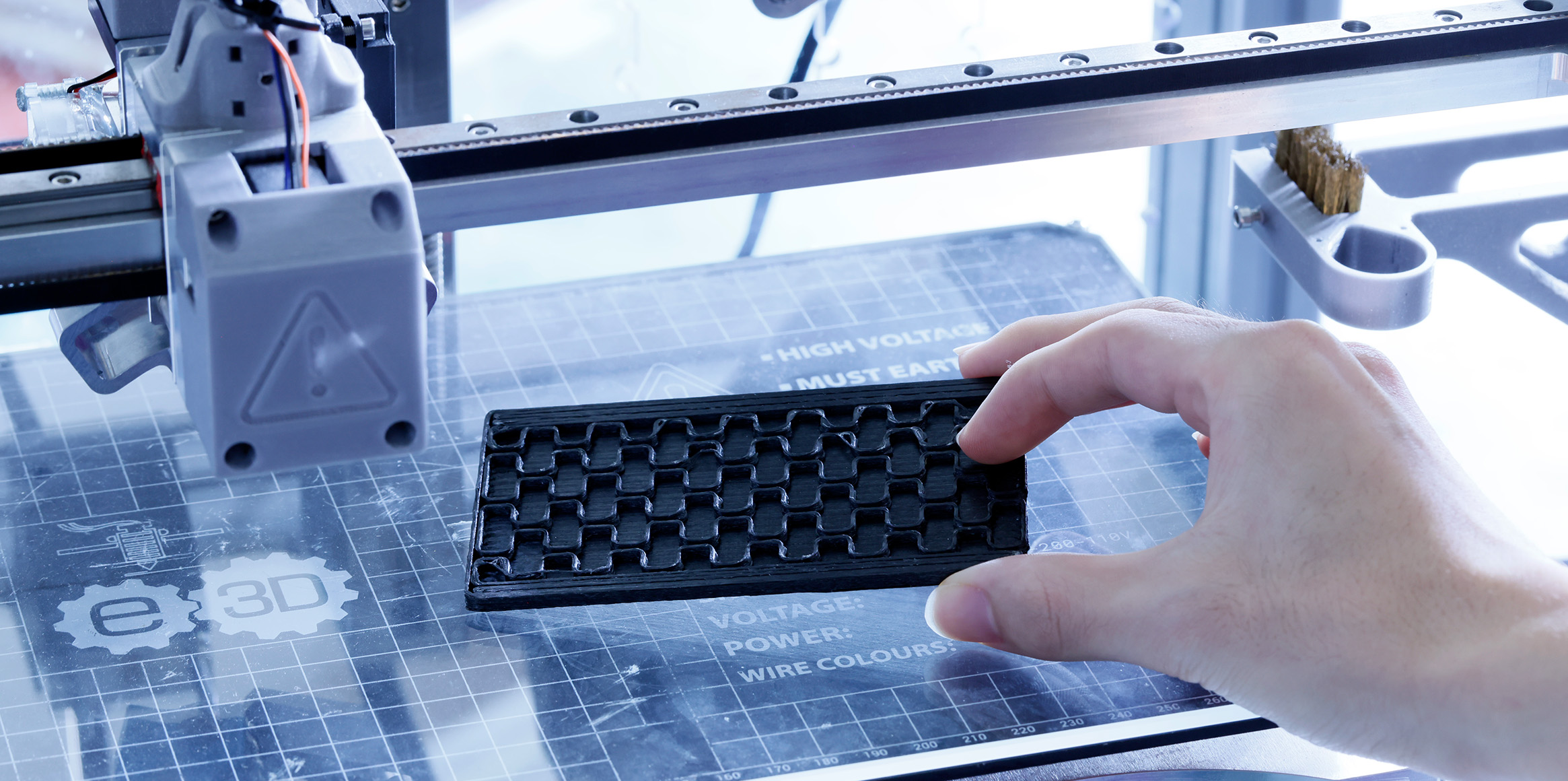Machinery is the foundation of all artificial material that human beings create, and mechanical engineers should constantly think about how machines should be used to contribute to better lives for human beings, rather than being limited to simply thinking about "machines." The Department of Mechanical Engineering aims to cultivate human resources who can comprehend the essence of problems and come up with paths for how to resolve such problems on their own and to contribute to the development of human society by producing many engineers who can support the infrastructure of an advanced technological society.
Research Groups & Research Areas
-
Mechanical Dynamics
All machinery produces vibrations and noise. Vibrations and noise are extremely important not only in mechanical engineering but also in the fields of civil engineering and construction. Mechanical dynamics is the field which is concerned with the study of this vibration and noise.
Strength of Materials
When an object is significantly deformed or locally deformed, the force per unit area will increase, which may cause the object to break. This field clarifies the degree of deformation or how forces act on an object, to prevent such a state from occurring.
Thermodynamic
When a rocket is flying or an automobile is traveling, heat generated by the combustion of fuel is changed into a fluid motion, and this is what we utilize. Further, heat and fluids play an important role in global warming phenomena.
Fluid Mechanics
We are living together with water and air. The scientific area conducting research on the flows of water and air is called fluid mechanics. Being closely related to blood flow and environmental problems, it is an old and yet new field which has impacted mankind throughout history.
Asakura Research Group / Muraoka Research Group / Okada Research Group / Takahashi Research Group / Tsukahara Research Group / Ueno Research Group
-
Aerospace
We aim to realize a reusable space transport machine in order to create an era in which anyone can go to space. It is necessary to design the airframe based on high-speed aerodynamics and build various systems.
Material Sciences
This area uncovers the microscopic structures and properties of materials. The "material" forming a product is indispensable for industrial development, and material sciences are required not just for mechanical engineering but for engineering in general.
Fujikawa Research Group / Matsuzaki Research Group / Ogasawara Research Group / Ogihara Research Group
-
Design Engineering
Mechanical design is a comprehensive study of machinery. Knowledge of design drawings and mechanical elements such as bearings is mandatory in mechanical design. To be able to design smooth moving machines, it is also very important to understand friction, wear, and lubrication (tribology).
Intelligent Mechanics
Satellites, aircraft, automobiles, information devices, medical devices, robots and all other mechanical systems and equipment that humanity hopes to automate are collectively known as “intelligent machines.” Researchers in this field seek to understand and explain natural phenomena so that this knowledge can be applied to building and automating intelligent machines beneficial to our daily life.
Material Processing
Machine material processing is research on manufacturing products suitable for the electronic age, by producing components by casting metal materials, working plastics by use of a press, removal machining such as lathe turning, heat treatment, coating and plating, and assembly of components by use of welding or bolts.
Arai Research Group / Hayase Research Group / Noguchi Research Group / Takemura Research Group
List of Faculty Members
Information on Career Paths
-
Graduate School72.7%
-
Machinery and Appliances13.7%
-
Information Industry4.7%
-
Miscellaneous Services1.1%
-
Wholesale and Retail Trade1.1%
-
Lifestyle and Related Services, Entertainment Industry1.1%
-
Electronic Parts1.1%
-
Civil Servant1.1%
-
Chemical Engineering1.1%
-
Other (Persons Planning on Continuing Education, Studying Abroad, etc.)2.3%
